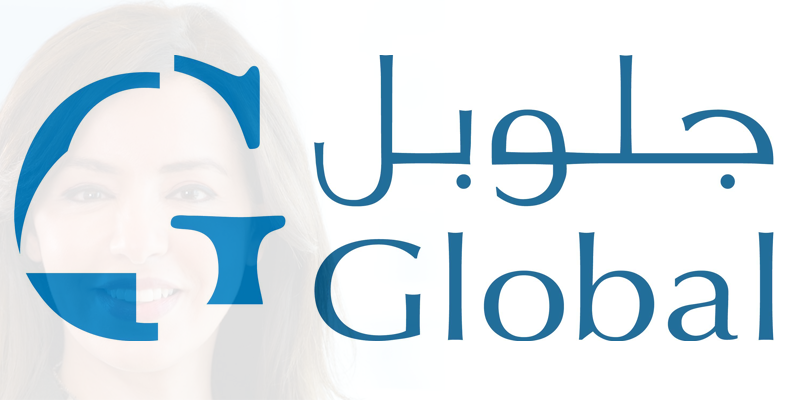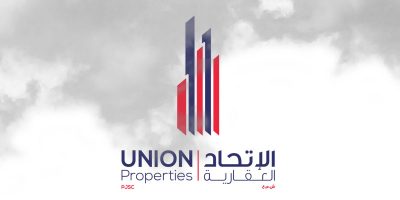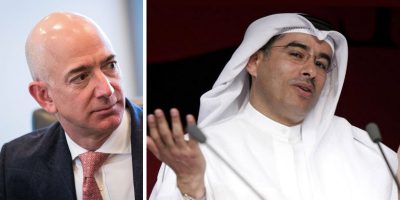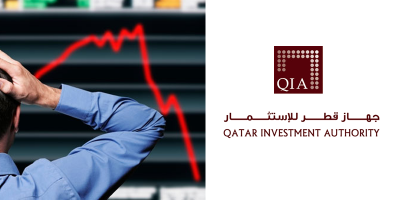With peak assets of close to $10bn, Global Investment House (GIH) was once the largest and fastest growing business in Middle East finance. Its push to issue a $1.15bn GDR in London in early 2008 marked a desperate attempt to increase its balance sheet liquidity and reduce debt ratios.
The firm’s Principal Investments unit, supervised by the infamous Omar El Quqa had invested $3bn of GIH’s balance sheet into a variety of deals across MENA, some public, but many private. By year end 2007, this unit alone accounted for close to 90% of GIH’s balance sheet and 80% of its Net Income.
What happened next is covered in depth by the media, however if you’re looking for something more cerebral then our friend Abu Arqala from www.suqalmal.blogspot.com has written about the GIH restructuring here, here and here.
Fast forward a decade and GIH is in much better shape. The company was de-listed and creditors ended up diluting existing shareholders resulting in NCH Ventures SPC owning 70% of outstanding shares. NCH Ventures is a special purpose vehicle domiciled in Bahrain, which according to GIH’s website, represents the interests of more than 50 financial institutions.
The post-reorg strategy at GIH has been one of focusing on fee-generated income, which meant asset management, wealth management, brokerage and a little investment banking where possible. Today with around $3bn of assets under management, recurring fees dominate GIH’s income statement. At one point GIH even offered its “restructuring experience” as a paid service to others in the region struggling with debt reorganization.
The End Of An Era
It has come to our attention that a controlling stake in GIH is for sale. This implies the seller can only be NCH Ventures . It’s also believed that Lazard’s placement business is leading the process with a buyer estimated to pay up to $200mn for the stake. At the top of that range, this indicates a 6%+ multiple of assets under management.
This morning, according to a DFM disclosure, it appears Shuaa Capital (owned by Abu Dhabi Financial Group) is one of the suitors. Though we don’t know the details, acquiring GIH would give Shuaa Capital multiple product lines that could have synergies (local equities, brokerage, syndicated UK real estate), a boost in assets under management it desperately needs, as well as a license and sticky client base in affluent Kuwait. Furthermore, it provides an ideal opportunity for a much-needed re-branding by all parties involved.
With the merger of First Gulf Bank and National Bank of Abu Dhabi, IPIC being rolled up into Mubadala and its stake in Investcorp and now the news at GIH, it appears the regional consolidation story is finally underway.





Abu Arqala
أختى
Thanks for the free advertisement of my posts.
Some additional thoughts to your excellent post.
I believe there are several structural problems with GIH’s earnings/business model based on an analysis of their 2015 financials. A quick look at FYE 2016 and 1H17 suggest that these problems remain.
Here’s a link to that post.
http://suqalmal.blogspot.co.uk/2016/07/global-investment-house-2015-financial.html
The trick for any acquirer will be to retain the AUM – which are KIA funds according to market rumor which means renewing Ms. Maha’s contract.
But more importantly to build out significant new business to consistently generate acceptable returns. As argued in my post, I think that will be hard.
The past few years GIH has benefited from the write back of provisions –on which I had a lot to say. That “well” appears to be running dry and profitability is weak.
Recent profitability is a far cry from 27% IRRs that some GCC investment firms claim to have achieved over the past five years. Seems it will be hard to achieve that especially if the entry price is book assuming the restructuring creditors are selling their entire 70% stake. 2016 ROE was roughly 4% and 2017 is running at a 6% rate.
Best أخوكِ
AbuArqala
أختى
Thanks for the free advertisement on my posts!
Some additional thoughts.
(1) Global is critically dependent on its AUM business which accounts for the bulk of revenues. Some 64% in 2016 and a similar but lesser amount in 1H17.
Market rumor is that the KD 1 billion or so in AUM is primarily KIA which means that the owners need to keep Ms. Maha on the payroll and in a key position.
(2) I posted in 2016 (based on 2015 financials) some thoughts about structural weaknesses in GIH’s business which directly impact its ability to generate an appropriate ROE.
http://suqalmal.blogspot.co.uk/2016/07/global-investment-house-2015-financial.html
(3) A quick look at 2016 and 1H17 financials suggest that these weaknesses haven’t been fixed. One item that caught my eye was provisioning (despite being secured). Looks to me like GIH “took a bath” when it restructured and created some reserves to cushion future earnings. Profitability in 2015 was driven in good part by reversal of provisions. This provision “well” seems to be running dry from FYE 2016 and 2017 interim financial statements.
So besides keeping Ms. Maha on the ranch, the even bigger trick for the new owner will be generating sustainable stable revenue streams to lift GIH’s ROE. Personally I think that will be a rough slog.
Interested in your take on the above and what ROE you think would be appropriate.
Best أخوكِ في السوق
Abu Arqala
أختى ؟
Thanks for the generous advertisement of my posts.
Excellent post of yours.
A little over a year ago I wrote a piece on GIH which identified some structural weaknesses in its business which unless fixed would trap GIH in subpar returns.
One of these was the ownership by GIH’s restructuring creditors who appeared to be managing GIH for cashflow not growth.
http://suqalmal.blogspot.co.uk/2016/07/global-investment-house-prospects-for.html
Removing the creditors from ownership should “remove” that constraint but I still think it will be a hard slog to growth the business sufficiently to generate stable and sustainable revenues to move GIH from subpar ROE.
GIH are a small fish in Kuwait compared to NBK or KAMCO.
AUM fees are the lion’s share of GIH’s revenues, but cover only about 80% of expenses. That leaves a considerable “hole” to fill to reach an acceptable level of profitability and ROE.
I think it will be hard for GIH to significantly increase AUM, particularly Kuwaiti public or private institutional money, if the firm is viewed as UAE owned and not Kuwaiti. Retail business would seem to offer only minor opportunities for revenue.
The weakness of the firm’s financial position is evidenced by the fact that in recent years GIH has benefited from reversal of provisions on fully secured loans. It appears they took a bath with the restructuring and booked some “reserves” that could be used to smooth future earnings. From a quick look at FYE 2016 and 1H 2017 the pace of these reversals–which was responsible for a major share in 2015 and 2016 net profit– is declining suggesting that this “well” is running dry.
أخوكِ من السوق
AA
http://suqalmal.blogspot.co.uk/2016/07/global-investment-house-prospects-for.html